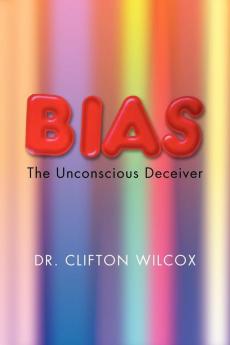English
Paperback
₹1550
₹1662
6.74% OFF
(All inclusive*)
Delivery Options
Please enter pincode to check delivery time.
*COD & Shipping Charges may apply on certain items.
Review final details at checkout.
Looking to place a bulk order? SUBMIT DETAILS
About The Book
Description
Author
Bias Arises From Various Processes That Are Sometimes Difficult To Distinguish. These Processes Include Information-Processing Shortcuts Motivational Factors And Social Influence. In Groups Individuals Have A Tendency To Evaluate Their Own Membership Group (The Ingroup) More Favorably Than A Non-Membership Group (The Outgroup). This Differential Group Evaluation Is Known As Ingroup Bias.Research On Ingroup Bias Has A Long History In Social Psychology. Early Researchers Believed That Ingroup Bias Was Largely A Function Of Motivational Processes Whereas Later Researchers Believed That Ingroup Bias Was Largely A Function Of Cognitive Processes. Currently Researchers Are More Predominantly Focused On The Cognitive Explanations And Affective Processes Are Increasingly Being Used To Explain Ingroup Bias.This Book Is Grounded In The Structure Of Intergroup Relations Out Group Relations Sex Relations Gender And Violence. This Book Will Provide An Integrative Theoretical Approach (A) Identifies Underlying Dimensions Of Intergroup Behavior Active/Passive Facilitative/Harmful) And Their Roots In (B) Dimensions Of Stereotypes (Competent/Incompetent Warm/Cold) And (C) Corresponding Prejudiced Emotions (Admiration Contempt Envy Pity); And (D) Identifies Ambivalent Clusters Of Stereotypes Prejudiced Emotions And Discriminatory Behaviors. In The End We Will See That Bias Perceptions Play An Important Role In The Escalation Of Conflict By Leading Individuals To Behave In A More Conflictual Manner Through Aggression And Competition Rather Than Cooperative And Peaceful.
Delivery Options
Please enter pincode to check delivery time.
*COD & Shipping Charges may apply on certain items.
Review final details at checkout.
Details
ISBN 13
9781465342614
Publication Date
-10-08-2011
Pages
-282
Weight
-386 grams
Dimensions
-152x229x16.14 mm











